The second half of the first millennium witnessed various important developments in Indian thought. Among these, the increasingly active participation in philosophical debates of those who maintained that everything worth knowing is found in the Veda is particularly striking. Vedanta established itself as an independent school of thought during this period, ready to defend its positions against other schools, whether Brahmanical or non-Brahmanical. More or less simultaneously, Mimamsa underwent important modifications which brought it closer to certain Vedanta positions. Interestingly, both the most important representatives of Vedanta (Sankara and others) and the Mimamsakas with "Vedantic" inclinations (Kumarila Bhatta is a prominent example) claimed that they faithfully applied the rules of interpretation that were characteristic of Mimamsa. They were all Mimamsakas in a certain way. They did not however agree with each other. They differed on fundamental points, such as the role of, and need for ritual activity to reach the ultimate goal, liberation. This volume explores some of these developments.
Mimamsa and Vedanta Interaction and Continuity
In stock
Free & Quick Delivery Worldwide
reviews
Bibliographic information
Title
Mimamsa and Vedanta Interaction and Continuity
Author
Edition
1st ed.
Publisher
ISBN
8120831748
Length
xii+260p., References; Index; 23cm.
Subjects

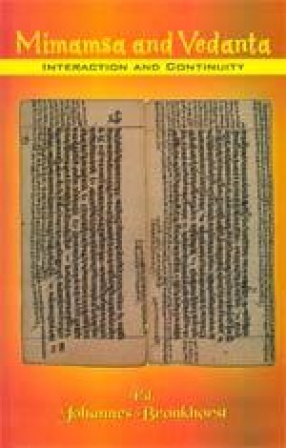
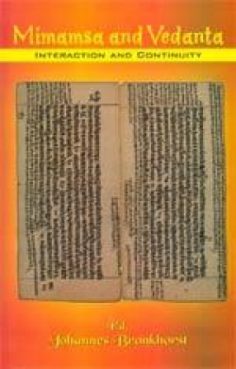
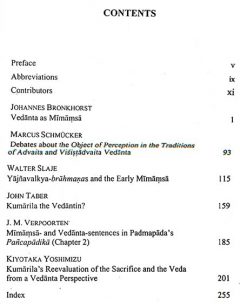
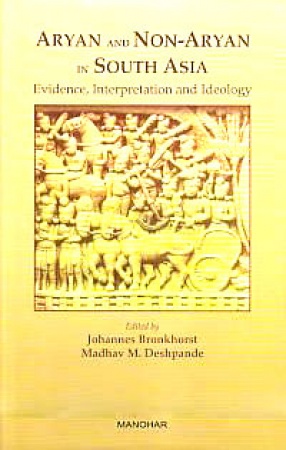
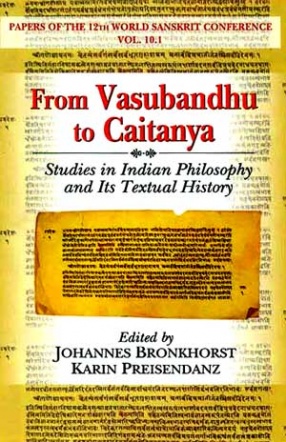
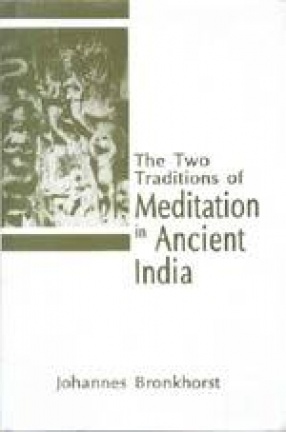
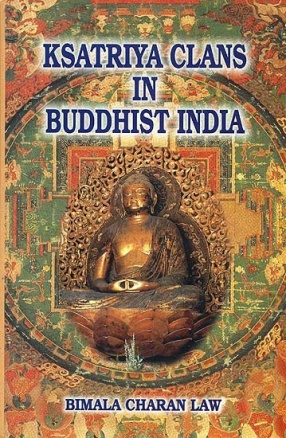
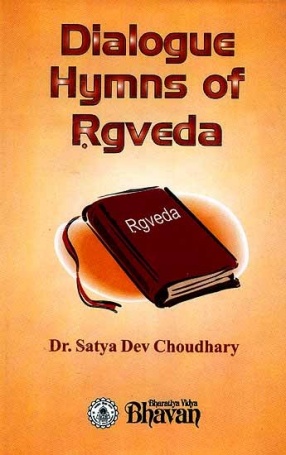
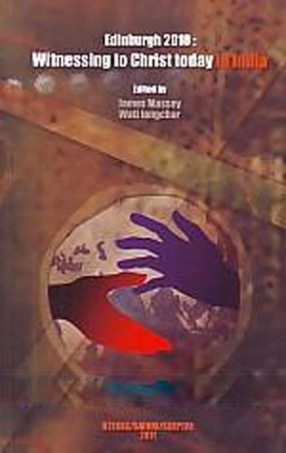
There are no reviews yet.